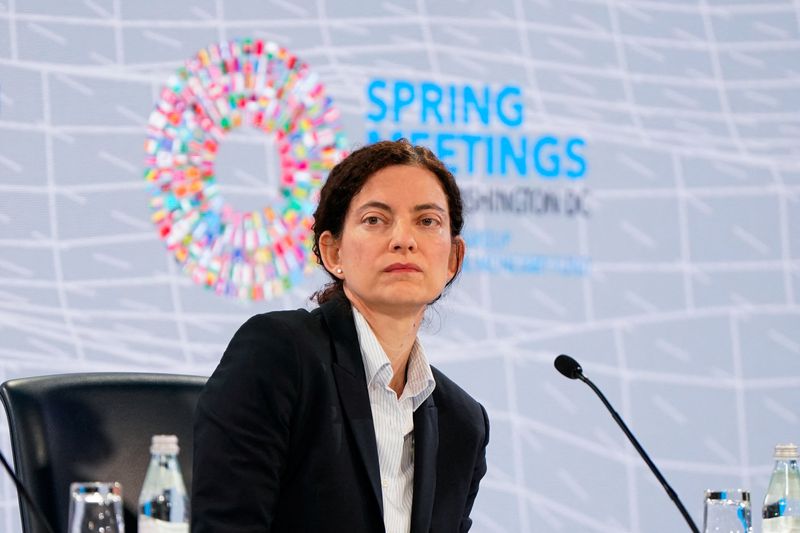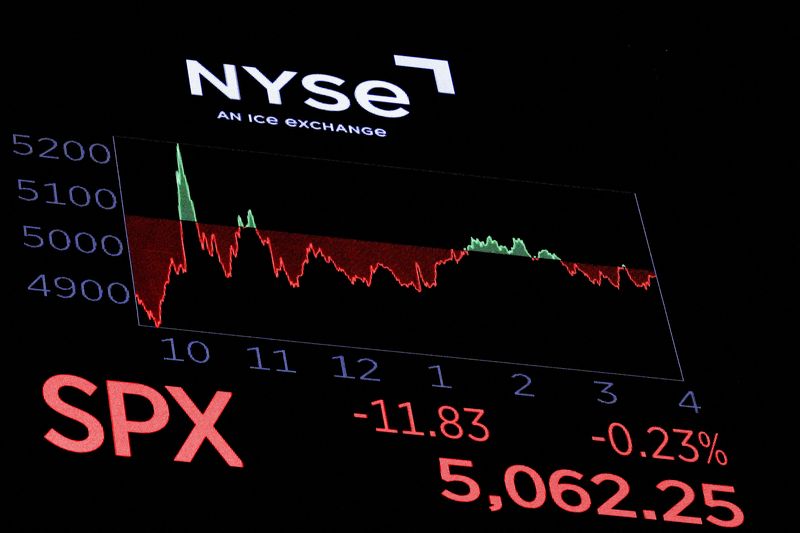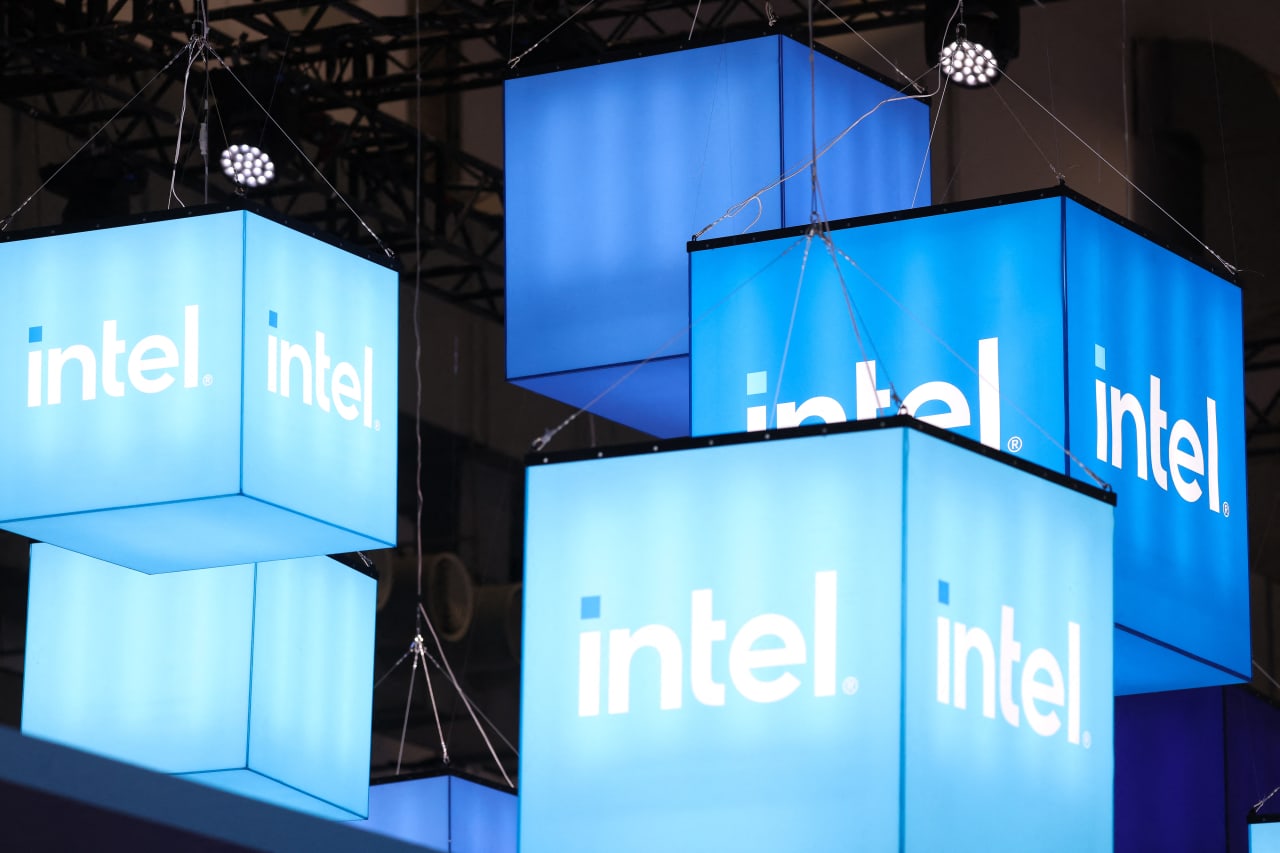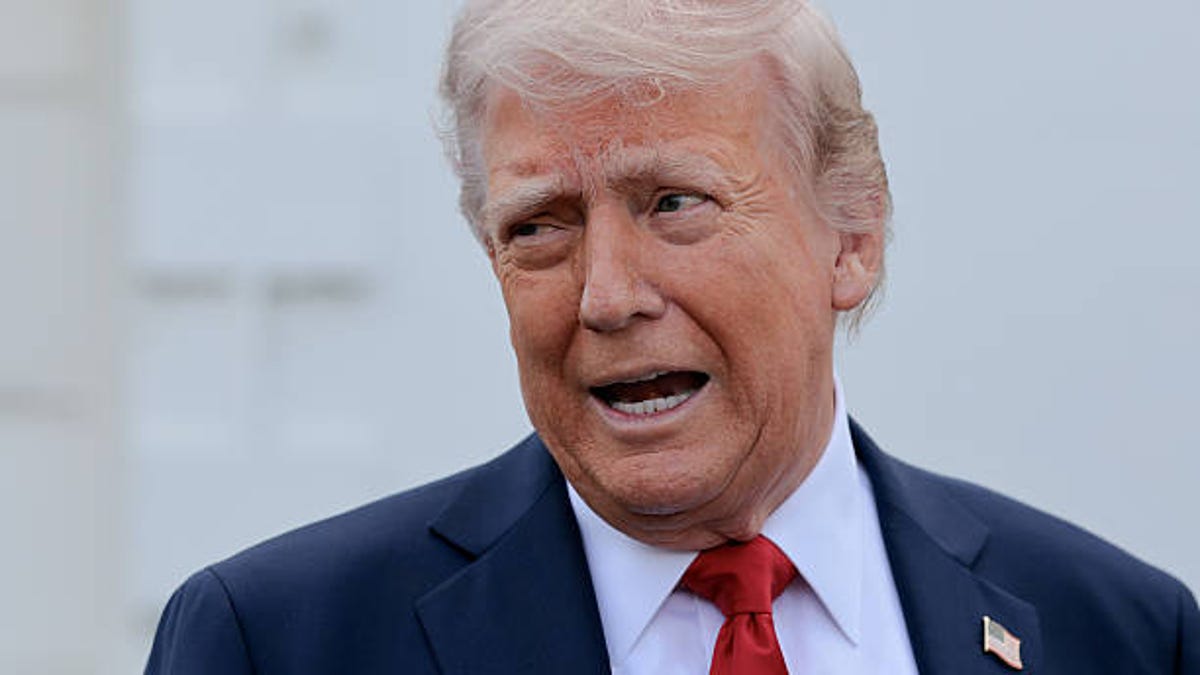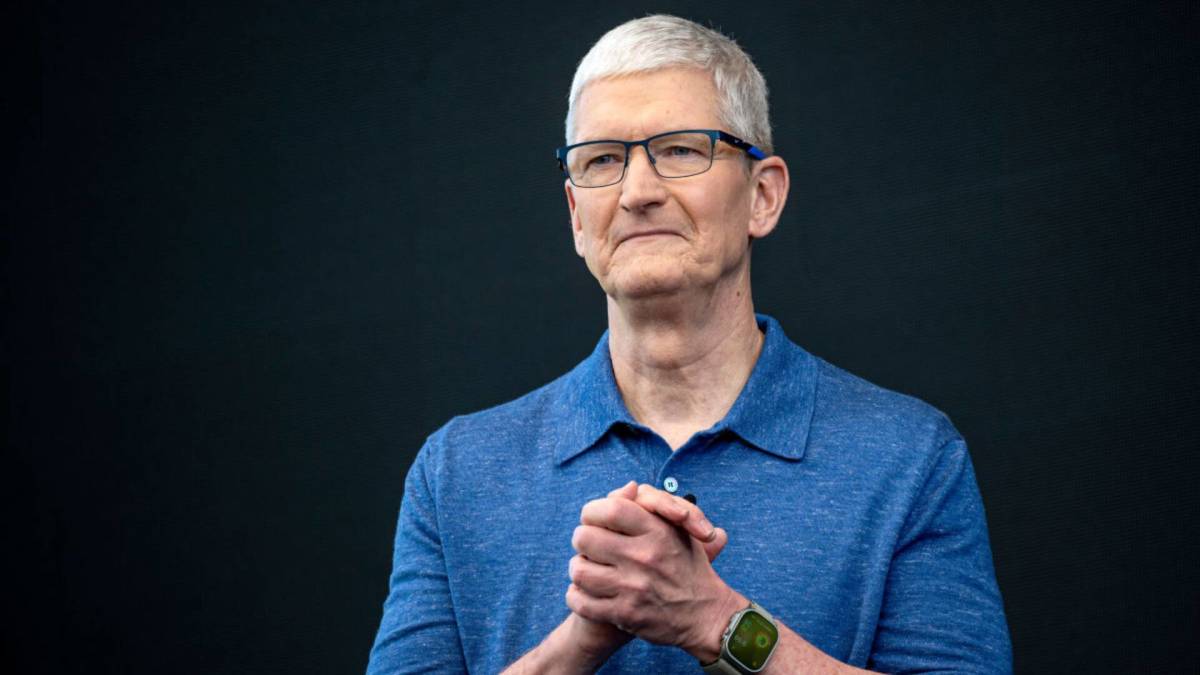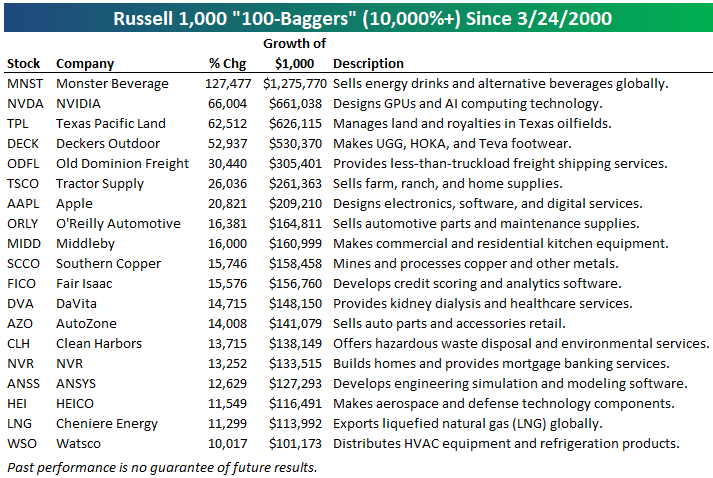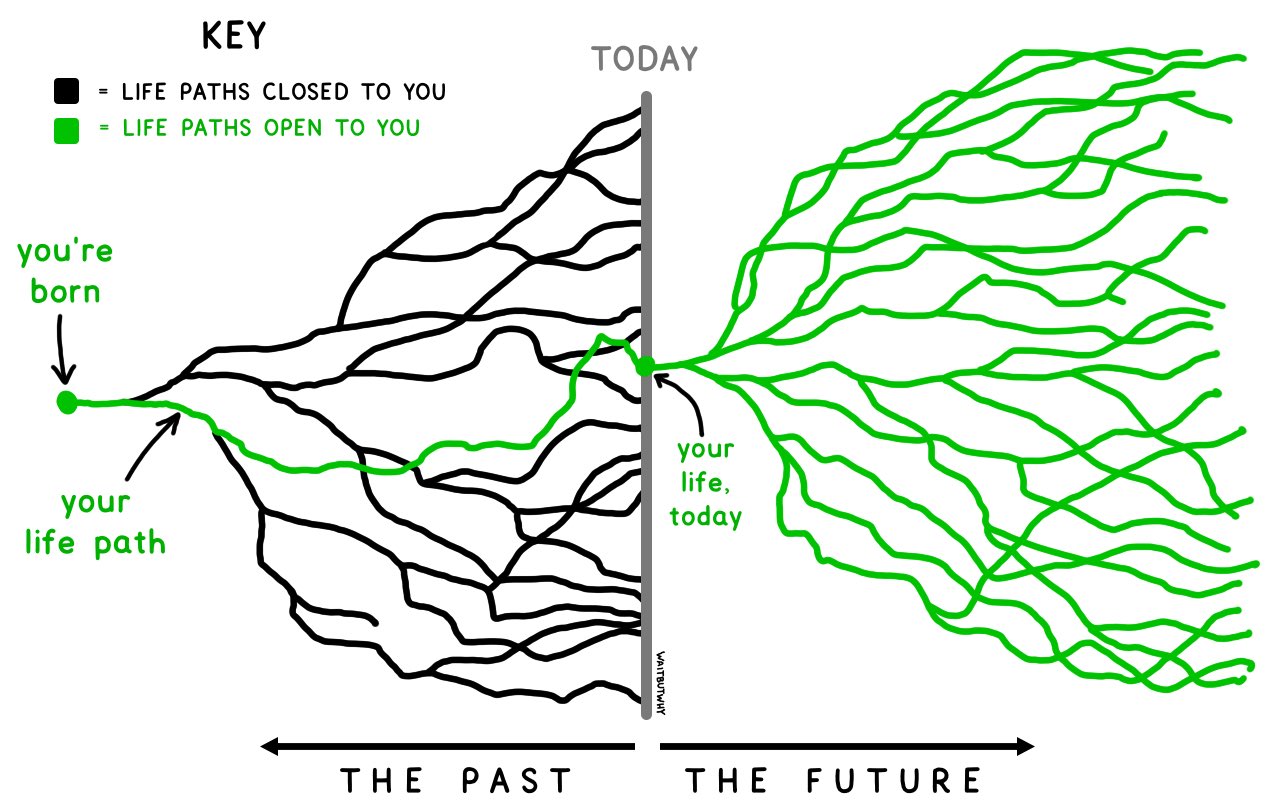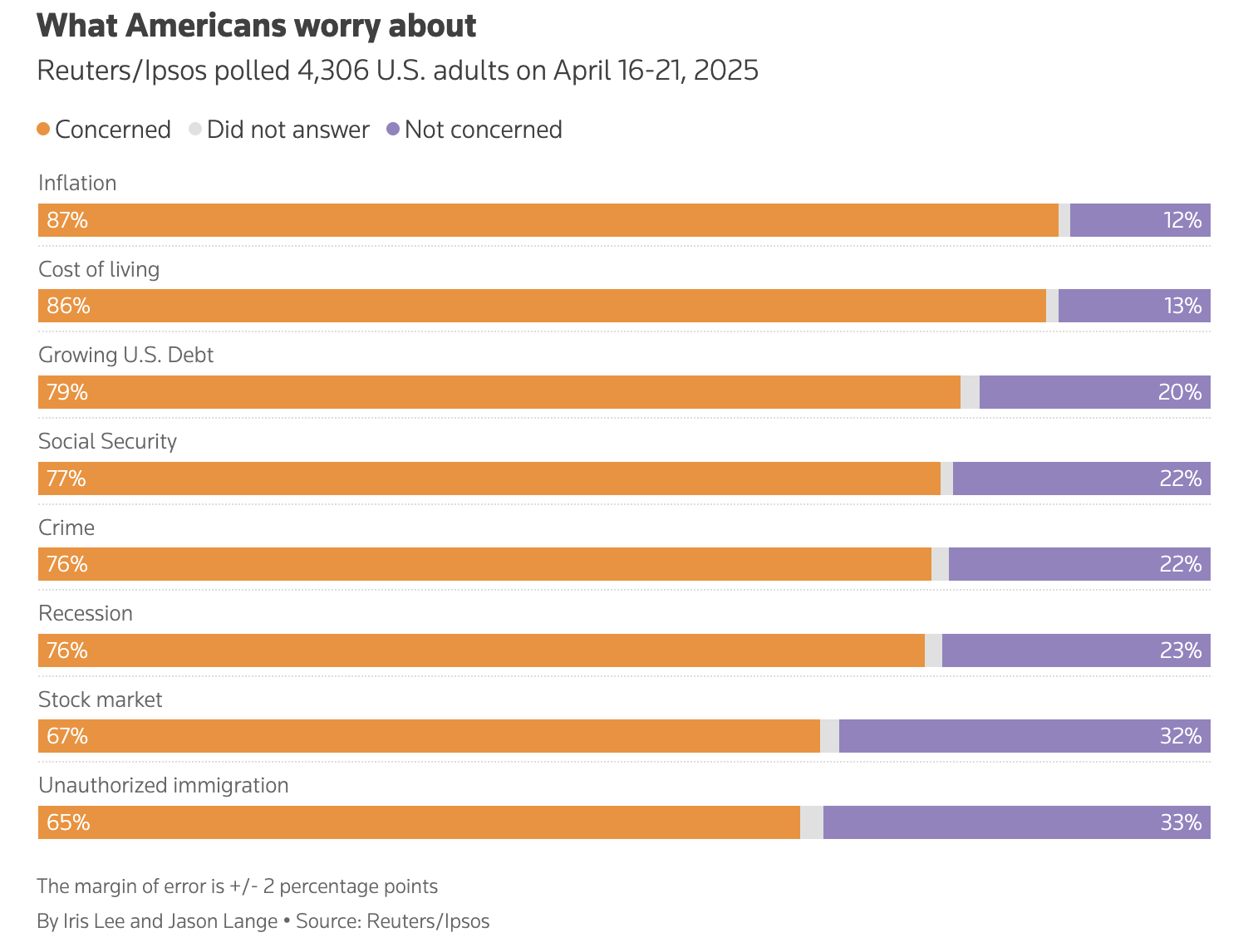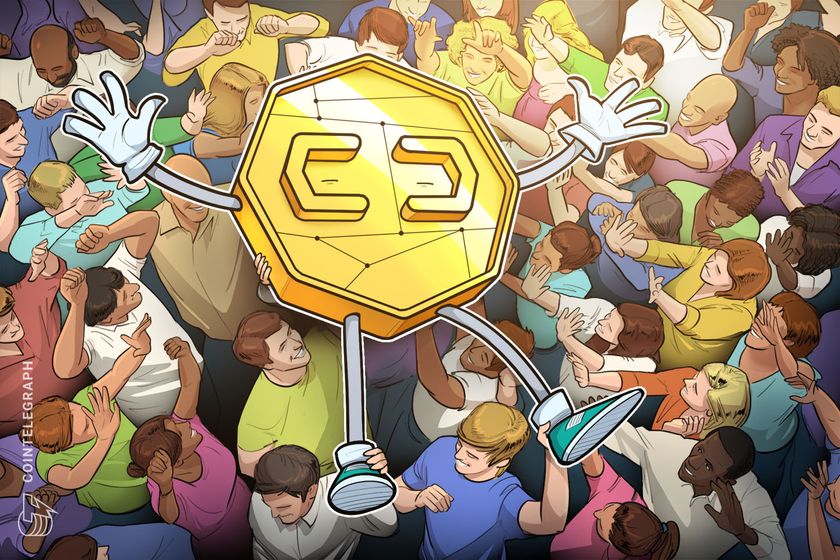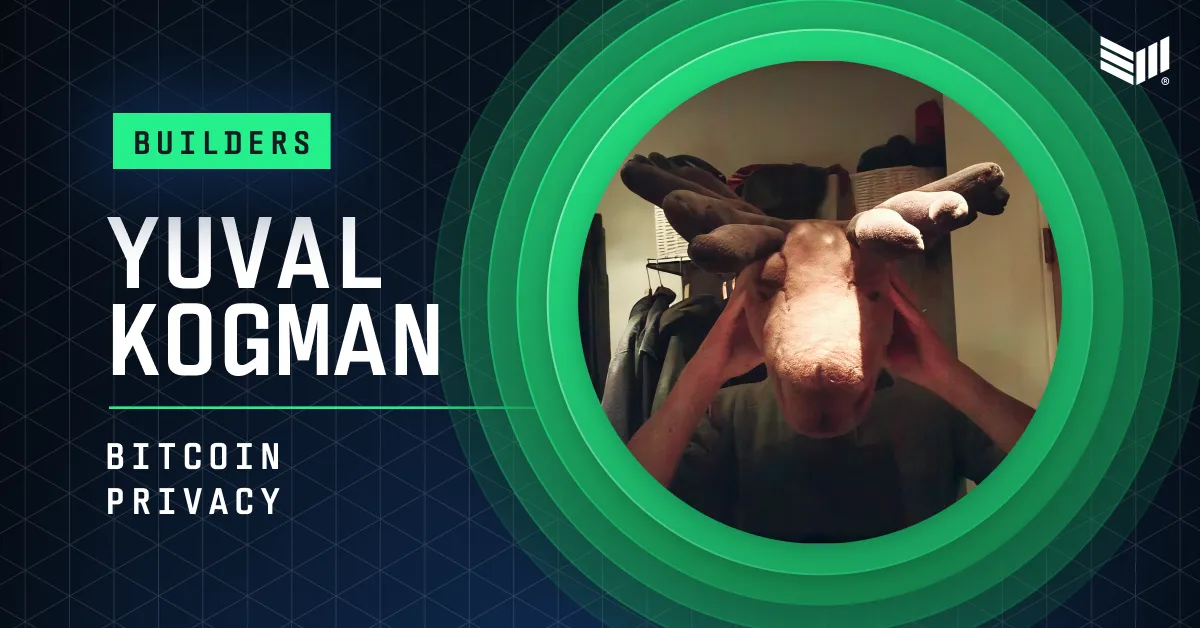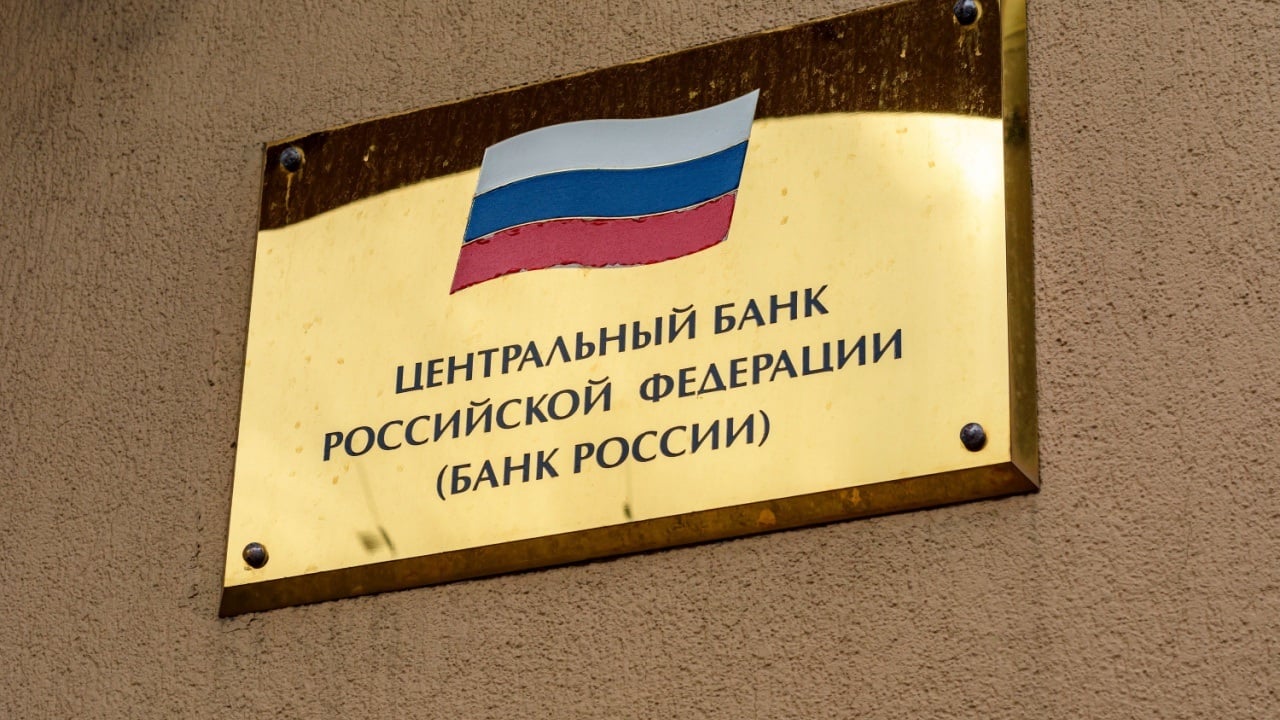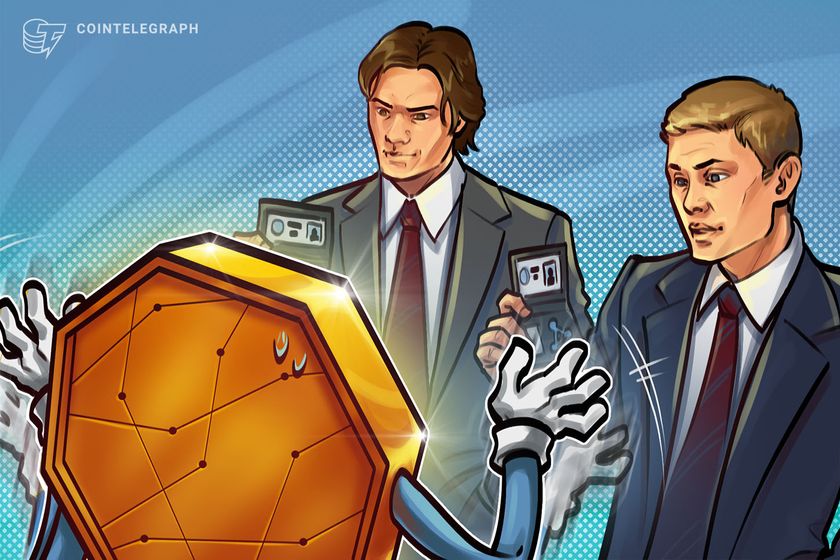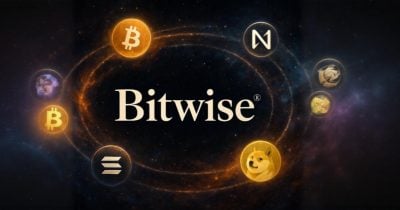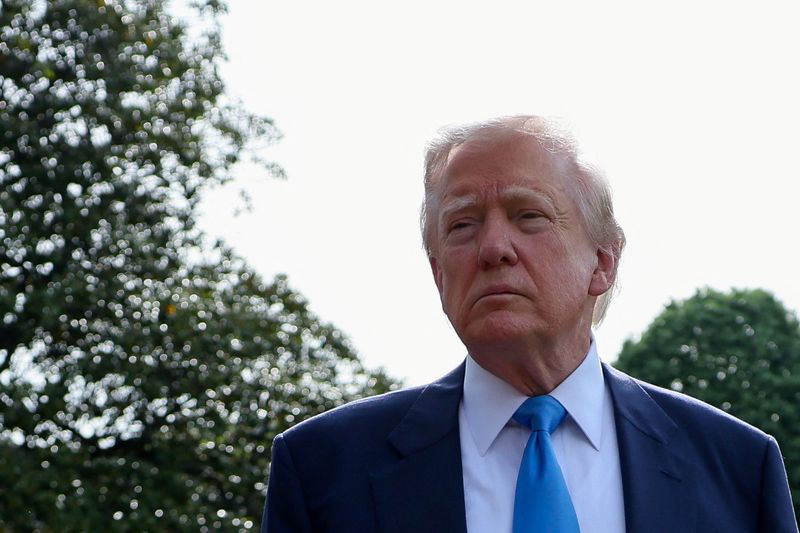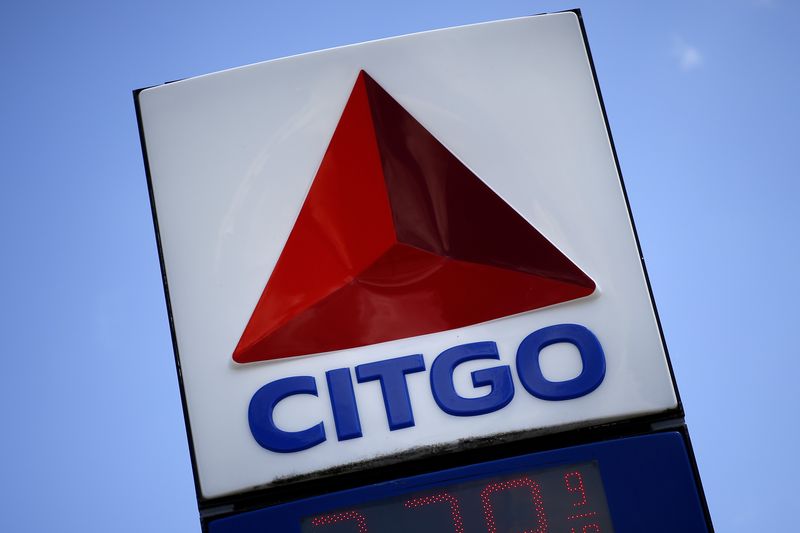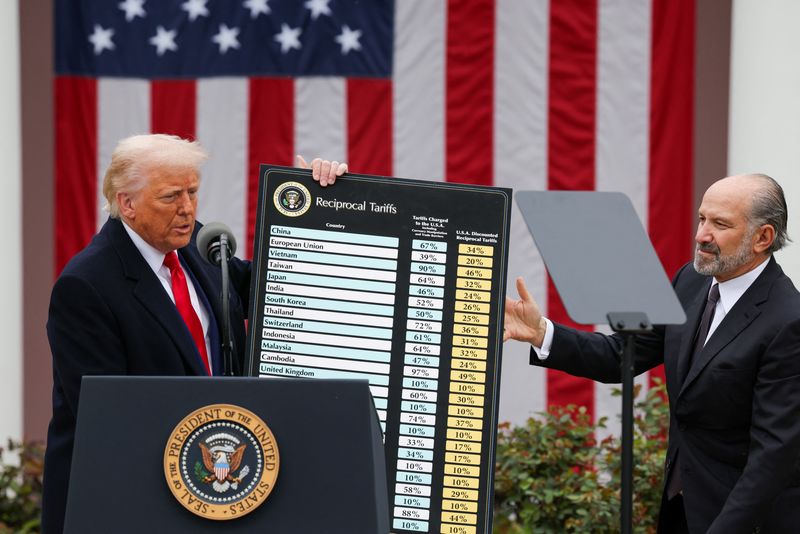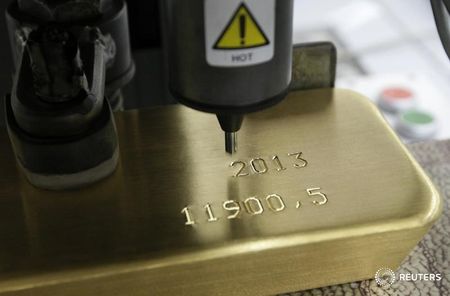Exclusive: Crypto VC giant Paradigm makes $50 million bet on decentralized AI startup Nous Research at $1 billion token valuation
Nous aims to compete with OpenAI and DeepSeek by training open-source through crypto incentives.

The crypto industry has been fighting to get a piece of the red-hot artificial intelligence sector, but despite some hefty investments, blockchain companies have struggled to break through. That might finally be changing with Nous Research, a decentralized AI startup using the Solana blockchain as a key component in the process it uses to train its open-source models.
After operating mostly under the radar for two years, Nous is bursting on the scene with a $50 million Series A round, financed almost entirely by the crypto venture giant Paradigm, which confirmed the funding amount to Fortune.
The round values Nous at a token valuation of $1 billion, according to a person familiar with the matter, who spoke with Fortune on the condition of anonymity to discuss confidential fundraising details. Nous previously raised seed rounds totaling around $20 million from investors including Distributed Global, North Island Ventures, and Delphi Digital.
While most projects at the intersection of blockchain and AI have come from crypto-focused startups and struggled to find traction, Nous was founded by a group of AI researchers who decided to use blockchain technology for its coordination and incentive capabilities. The company aims to develop its own open-source models that would compete with the likes of OpenAI and DeepSeek, though Nous is at a much earlier—and more experimental—stage. The other major difference is that Nous seeks to train its models not in a central data center, but in a completely distributed way, harnessing spare computing capacity from people around the world.
“We very much came from a mentality that we want to create and serve the world’s best AI,” said cofounder Karan Malhotra in an interview with Fortune.
Decentralized AI
Malhotra described Nous as an open-source research organization, created in 2022 as a group of volunteers who met on social media and software platforms including Discord, GitHub, and Twitter. They started to tinker with existing AI large language models such as Meta’s Llama and Mistral to create their own versions, releasing a series of models under the name Hermes that gained popularity in the open-source community.
They also began to release research papers around extending the memory of models, which have been cited by Meta and DeepSeek, as well as proposals for training models with GPUs, or graphics processing units, the kind of computer processors used for AI applications, that are not colocated. Nous collaborated with Diederik P. Kingma, a member of the OpenAI founding team, on the research.
The breakthrough enabled Nous to create a method for training open-source AI models that would allow people to contribute their own idle computing power—a potential boon for the costly and resource-intensive process. Nous’s method works with both industrial and consumer-grade GPUs, though it will start with only allowing people who can tap into data centers to participate.
Nous is turning to blockchain technology to drive participation. “We think of the incentive mechanism behind crypto to push people to actually utilize their idle compute less as a donation but more as a transaction,” Malhotra said.
He added that the crypto layer is necessary to de-incentivize bad actors in a distributed training approach, where users could send back inappropriate data that could poison the process. That’s because of blockchain’s intrinsic features like Byzantine fault tolerance, which allows systems to continue functioning correctly even if specific components are faulty, though questions remain whether Nous's method can fully prevent data poisoning while staying as efficient as training models from a single data center. “We see crypto as the method that allows us to perform this in a safe way,” Malhotra told Fortune.
He acknowledged that the AI community has been broadly skeptical of crypto, largely because there’s “a lot of room for grift,” as he put it. Still, Malhotra described Nous’s founding team as “crypto native,” though he said they were hesitant about adding a blockchain element before their research breakthrough of distributed training.
“We don't want to get kind of bogged down by the traditional view of how crypto operates when we're a very serious research lab and an academic lab,” he told Fortune. “[But] this is really the only way in which we can make such a massive training run and such a democratic thing possible.”
Paradigm’s AI bet
Founded by Coinbase’s Fred Ehrsam and Sequoia’s Matt Huang, Paradigm is one of the largest crypto-native venture firms, with a new fund of $850 million closed last year. Still, after the collapse of its portfolio company FTX in late 2022 and the ensuing crypto downturn, the firm indicated that it would pivot to making more AI-focused investments, drawing scrutiny from crypto entrepreneurs and its own backers. Haung clarified in a 2023 post on Twitter that Paradigm would continue to invest in crypto, though it was exploring the intersection with AI.
Nous represents Paradigm’s largest bet in the field, though the firm also wrote a much smaller check last year for the startup Vana, which allows users to pool training data through DAOs, or decentralized autonomous organizations.
“This open, community-oriented approach is a powerful contrast to the closed, centralized efforts from incumbent labs,” said Paradigm partner Arjun Balaji in a statement shared with Fortune.
Nous will launch its decentralized training system on the blockchain Solana. Malhotra said the team is actively building the product, though he declined to share a timeline for when it will go live. He said Nous is still deciding whether users will be rewarded with a proprietary token created by the startup or Solana’s native cryptocurrency.
Nous currently has a 20-odd-person team, with much of the new funding going to compute power, as well as expanding its research capabilities.
As the AI industry hurtles forward, Nous is one of the first serious projects to embrace blockchain. “It's quite clear to me that the ideals of open source and the crypto ethos are extremely aligned in having total transparency, recognizing the importance of the individual, and treating people as a node in themselves,” Malhotra said.
This story was originally featured on Fortune.com




